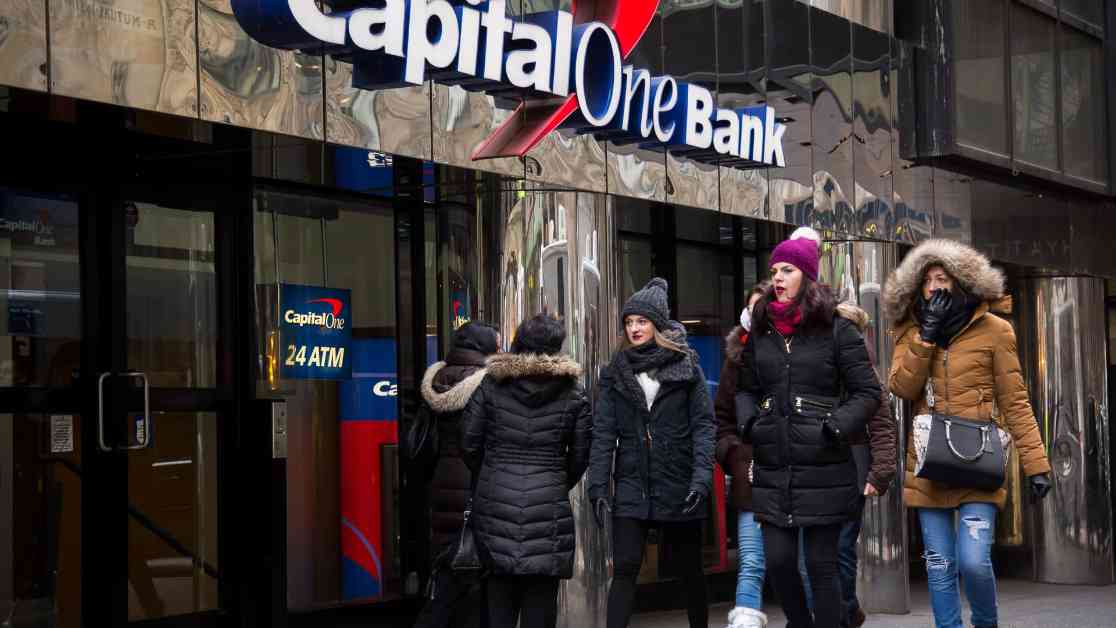**Capital One Outage: Customers Struggle to Access Deposits**
An ongoing outage at Capital One has left many customers unable to access their deposits, payments, and transfers for the second consecutive day. The technical issue, caused by a glitch with third-party vendor Fidelity Information Services (FIS) based in Jacksonville, Florida, has disrupted critical data center applications, affecting numerous clients.
**FIS Addresses Power Outage at Data Center**
FIS confirmed that a local power outage had impacted the data center essential for various applications. After restoring access to the applications, the company assured clients that all pending transactions would be processed promptly. Despite FIS’s efforts, hundreds of reports on DownDetector.com indicated that the issues persisted as of 9 a.m. ET on Friday.
**Capital One’s Response and Customer Impact**
In an email update to customers late Thursday, Capital One anticipated resolving the majority of issues by Friday morning. However, the situation remained unresolved, prompting the bank to assure customers on social media that they were working tirelessly to restore full functionality promptly. The ongoing struggle at Capital One comes on the heels of Citibank’s recent acknowledgment of similar issues affecting mobile account access and fraud alerts.
**Uncertainty Surrounding FIS Involvement and Legal Troubles**
It remains unclear if FIS had any role in the Citibank outage. This incident further compounds Capital One’s recent legal woes, with the Consumer Financial Protection Bureau suing the bank earlier this month for allegedly misleading customers about its savings-account offerings, a claim that Capital One vehemently denies.
The persistence of the outage has left customers frustrated and anxious about their financial security, highlighting the critical need for banks and vendors to prioritize system reliability and communication during such crises. As we navigate through these challenging times, it is essential for financial institutions to invest in robust infrastructure and contingency plans to prevent future disruptions and safeguard customers’ trust and financial well-being.




















